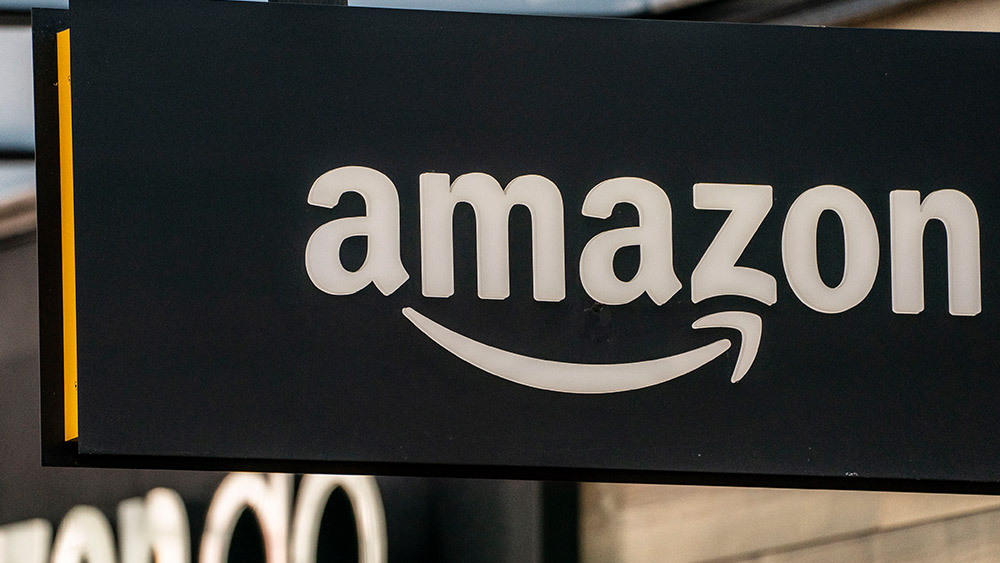 Parler
Parler Gab
Gab- A federal judge ruled that Apple must immediately cease charging fees on purchases made outside its App Store and cannot block developers from directing users to alternative payment platforms.
- Judge Yvonne Gonzalez Rogers accused Apple of deliberately ignoring a 2021 injunction by imposing a 27% fee on external transactions, referring the company for potential criminal contempt charges.
- The ruling allows developers to use buttons, links and calls-to-action for third-party payments without Apple’s interference, though Apple can display a "neutral message" when users leave an app.
- Court documents showed leadership disputes, with CEO Tim Cook siding with the finance team’s push to maintain revenue streams, while App Store chief Phil Schiller advocated compliance.
- The decision weakens Apple’s control, potentially enabling developers to bypass its fees. Epic Games plans to return Fortnite to the App Store, but Apple intends to appeal, prolonging the legal battle.
Judge sanctions Apple, citing "insubordination" and billion-dollar defiance
The April 30 ruling, following a contempt hearing in the Epic v. Apple case, bars Apple from charging on purchases made outside its platform and restricts its ability to interfere with how developers guide users to third-party services. Under the new injunction, Apple is also forbidden from altering the appearance, format, or placement of links to external payments. Developers may now use buttons, text and other calls-to-action as they see fit, with Apple only permitted to display a “neutral message” when users leave an app. Judge Gonzalez Rogers explicitly condemned Apple’s 2021 response to her prior ruling, which required allowing alternative payment options. The company had imposed a 27% fee—slightly less than its standard 30%—on external transactions, a tactic she called “a gross miscalculation.” “Apple sought to maintain a revenue stream worth billions in direct defiance of this court’s injunction,” the judge wrote. The court also highlighted internal Apple communications showing divisions within leadership. While longtime App Store chief Phil Schiller advocated compliance, CEO Tim Cook chose to heed the advice of CFO Luca Maestri. “Cook chose poorly,” the judge concluded, adding that Apple’s finance team had pushed to “maintain a monopoly over in-app commerce.”A five-year legal war over App Store dominance
Apple’s App Store has long faced scrutiny for its dominant position in mobile ecosystems. When Epic Games filed its antitrust lawsuit in 2020, it marked the first major legal challenge to Apple’s 30% commission on digital purchases—a fee critics call the “Apple Tax.” The conflict intensified in 2020 when Epic sidestepped the App Store to release its direct payment system inside Fortnite, prompting Apple to remove the game from its platform. In 2021, Judge Rogers sided with Epic, rejecting Apple’s claims of immunity under federal antitrust law and ordering the company to allow external payment links. However, her ruling did not dismantle Apple’s broader App Store monopoly, as she declined to rule the store an “illegal monopoly.” Apple’s defiance of the 2021 order—including imposing the 27% fee—led to Wednesday’s contempt finding.Broader implications
The ruling could reverberate beyond Epic, empowering developers to escape Apple’s fees altogether. The order explicitly allows links, buttons and text directing users to alternative payment platforms, effectively creating a pathway for cheaper, competing services. “This is a win for every app developer and consumer,” said Brian Creel, an attorney for Epic. Developers such as Spotify and Uber, which have long called for App Store reforms, may now push for expanded flexibility. Epic CEO Tim Sweeney called the ruling a “watershed moment,” announcing plans to return Fortnite to the App Store “within days.” In a conciliatory gesture, he offered to end litigation globally if Apple adopts the court’s framework worldwide. “If Apple will play by the court’s rules globally, we will reconcile,” Sweeney said. However, Apple’s corporate communications director, Olivia Dalton, stated the firm would “comply and appeal,” signaling a prolonged legal battle.Leadership divisions and financial stakes
The ruling underscores deepening scrutiny of Apple’s business practices. Court documents revealed Apple’s finance department insisted on maintaining profitability over compliance, even as executives admitted under oath that the company knew its actions violated the 2021 injunction. Alex Roman, Apple’s finance VP, was accused of lying about the company’s understanding of the legal terms. Analysts estimate Apple stood to lose $1-2 billion annually if external purchases gained traction. The judge’s referral of the case for criminal contempt proceedings—potentially leading to corporate penalties or fines—adds potential financial risks, though legal analysts note such outcomes are rare.A new era for App Store competition?
Judge Rogers’ ruling has fractured Apple’s App Store dominance, opening pathways for developers to bypass its fees and sidestep its Gatekeeper-like control. While Apple’s appeal process ensures uncertainty remains, the decision—alongside recent Supreme Court antitrust rulings—signifies a shifting judicial landscape. Consumers and rivals alike hope the ruling sparks broader reforms, though Epic’s 2020 litigation reminder: setbacks can swiftly turn into victories. For now, the tech giant faces new constraints—and a stark message from the court. “Antitrust law is not a suggestion,” Gonzalez Rogers wrote. “It is the law.” Sources for this article include: ReclaimTheNet.org TheVerge.com APNews.comEU to ban privacy cryptocurrencies and anonymous accounts by 2027 under new AML rules
By Laura Harris // Share
Amazon’s tactile robot Vulcan sparks debate over automation’s future in warehouses
By Willow Tohi // Share
Indonesia suspends OpenAI CEO’s Worldcoin over alleged registration violations
By Laura Harris // Share
DOJ seeks to unravel Google’s ad empire in landmark antitrust bid
By Willow Tohi // Share
Shocking study reveals cell phone radiation causes BLOOD CLUMPING in minutes
By Ava Grace // Share
Governments continue to obscure COVID-19 vaccine data amid rising concerns over excess deaths
By patricklewis // Share
Tech giant Microsoft backs EXTINCTION with its support of carbon capture programs
By ramontomeydw // Share
Germany to resume arms exports to Israel despite repeated ceasefire violations
By isabelle // Share










